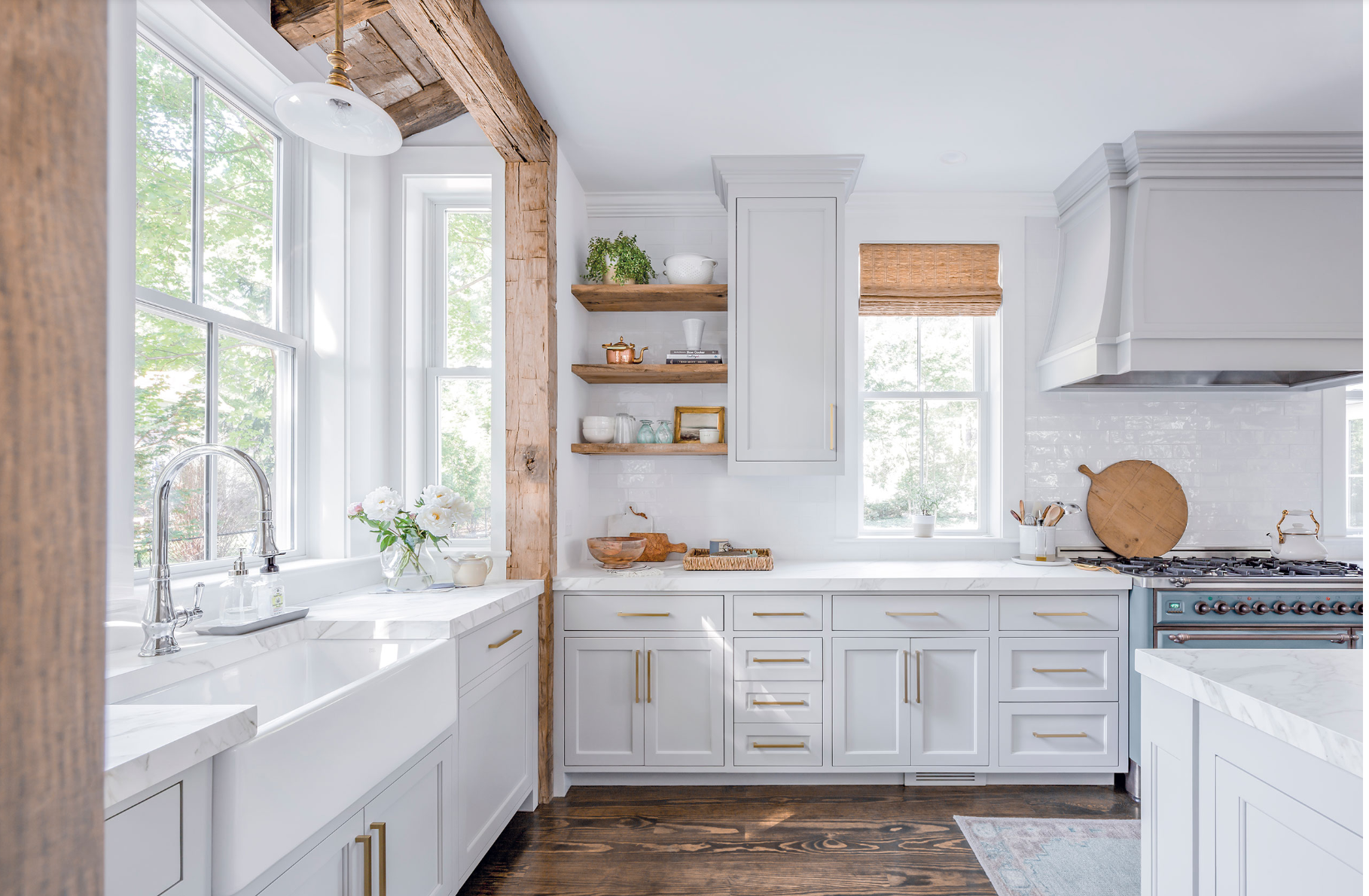Southern Cabinet Styles: Southern Cabinets And Lighting
:max_bytes(150000):strip_icc()/RGP-0036-6a2cd4ec7e904a96a8f7ba0639402b5b.jpeg)
Southern cabinet styles have evolved over centuries, reflecting the region’s rich history, diverse influences, and unique craftsmanship. From the simplicity of early colonial designs to the ornate details of Victorian pieces, Southern cabinets have always been a testament to the region’s ingenuity and artistic spirit.
Evolution of Southern Cabinet Styles
Southern cabinet styles have undergone a fascinating evolution, influenced by various factors, including changing economic conditions, cultural trends, and the availability of materials. Early colonial cabinets were often simple and functional, made from locally sourced woods like pine and oak. As the South developed economically, cabinetmakers began incorporating more elaborate designs and materials, including mahogany, walnut, and cherry.
Popular Southern Cabinet Styles
Southern cabinet styles encompass a wide range of aesthetics, each with its distinct characteristics. Some popular styles include:
- Shaker: Known for their simple, functional designs, Shaker cabinets emphasize clean lines, minimal ornamentation, and practicality. These cabinets often feature dovetail joinery and simple hardware, reflecting the Shaker belief in simplicity and functionality.
- Arts and Crafts: Inspired by the Arts and Crafts movement of the late 19th and early 20th centuries, these cabinets emphasize natural materials, handcrafted details, and a connection to nature. They often feature hand-carved details, stained finishes, and a focus on functionality.
- Victorian: Victorian cabinets are known for their ornate details, elaborate carvings, and dark, rich finishes. They often feature intricate scrollwork, floral motifs, and a variety of decorative elements.
Regional Influences on Southern Cabinet Styles
Southern cabinet styles are deeply rooted in the region’s unique culture and environment. Climate, materials, and cultural traditions have all played a role in shaping the distinctive characteristics of Southern cabinetmaking.
- Climate: The humid climate of the South has influenced the choice of woods used in cabinetmaking. Durable hardwoods like oak and walnut are well-suited to the region’s climate, while softwoods like pine have been used for less demanding applications.
- Materials: The availability of various woods, including mahogany, walnut, and cherry, has influenced the development of Southern cabinet styles. These woods have been used to create cabinets with a wide range of colors, textures, and finishes.
- Cultural Traditions: Southern cabinetmaking has been influenced by a rich tapestry of cultural traditions, including European, African, and Native American influences. These traditions have contributed to the diverse range of styles and techniques found in Southern cabinetmaking.
Southern Cabinet Styles: A Summary
| Style | Characteristics | Materials | Notable Designers |
|---|---|---|---|
| Shaker | Simple, functional designs; clean lines; minimal ornamentation; dovetail joinery; simple hardware | Pine, oak, maple | – |
| Arts and Crafts | Natural materials; handcrafted details; connection to nature; hand-carved details; stained finishes | Oak, cherry, walnut | Gustav Stickley, Charles Rennie Mackintosh |
| Victorian | Ornate details; elaborate carvings; dark, rich finishes; intricate scrollwork; floral motifs | Mahogany, walnut, cherry | – |
Southern Cabinet and Lighting Trends

Southern homes are known for their warm, inviting atmosphere, and this aesthetic is often reflected in the design of their cabinets and lighting. Current trends in Southern cabinet and lighting design are influenced by a desire for both beauty and functionality, with a focus on sustainable practices and incorporating elements that evoke a sense of place.
Farmhouse and Coastal Styles
Farmhouse and coastal styles are increasingly popular in Southern homes, bringing a touch of rustic charm and a relaxed, airy vibe. These styles are characterized by their use of natural materials, such as wood, stone, and metal, and often incorporate elements like distressed finishes, open shelving, and vintage lighting fixtures.
Reclaimed Materials and Sustainable Practices, Southern cabinets and lighting
The use of reclaimed materials is a growing trend in Southern cabinet and lighting design, as homeowners seek to reduce their environmental impact and create unique, one-of-a-kind pieces. Reclaimed wood, for example, can be used to build cabinets, countertops, and even lighting fixtures, giving them a rustic and timeless appeal.
Innovative Lighting Solutions
Southern homes often feature large windows that allow ample natural light, but innovative lighting solutions are also being incorporated to create a warm and inviting ambiance. Pendant lights, chandeliers, and sconces are popular choices, and many designers are opting for fixtures made from natural materials like woven rattan, metal, and glass.
Southern Living Room Design
Imagine a Southern living room with a spacious layout, featuring a large, comfortable sofa upholstered in a warm, neutral fabric. The focal point of the room is a reclaimed wood cabinet with open shelving that displays family heirlooms and decorative items. The cabinet is illuminated by a rustic pendant light made from woven rattan, which adds a touch of warmth and texture. The room is further enhanced by a pair of antique sconces flanking the fireplace, creating a cozy and inviting atmosphere. The walls are painted in a soft, neutral color, and the flooring is made from reclaimed wood planks, adding a touch of rustic charm.
